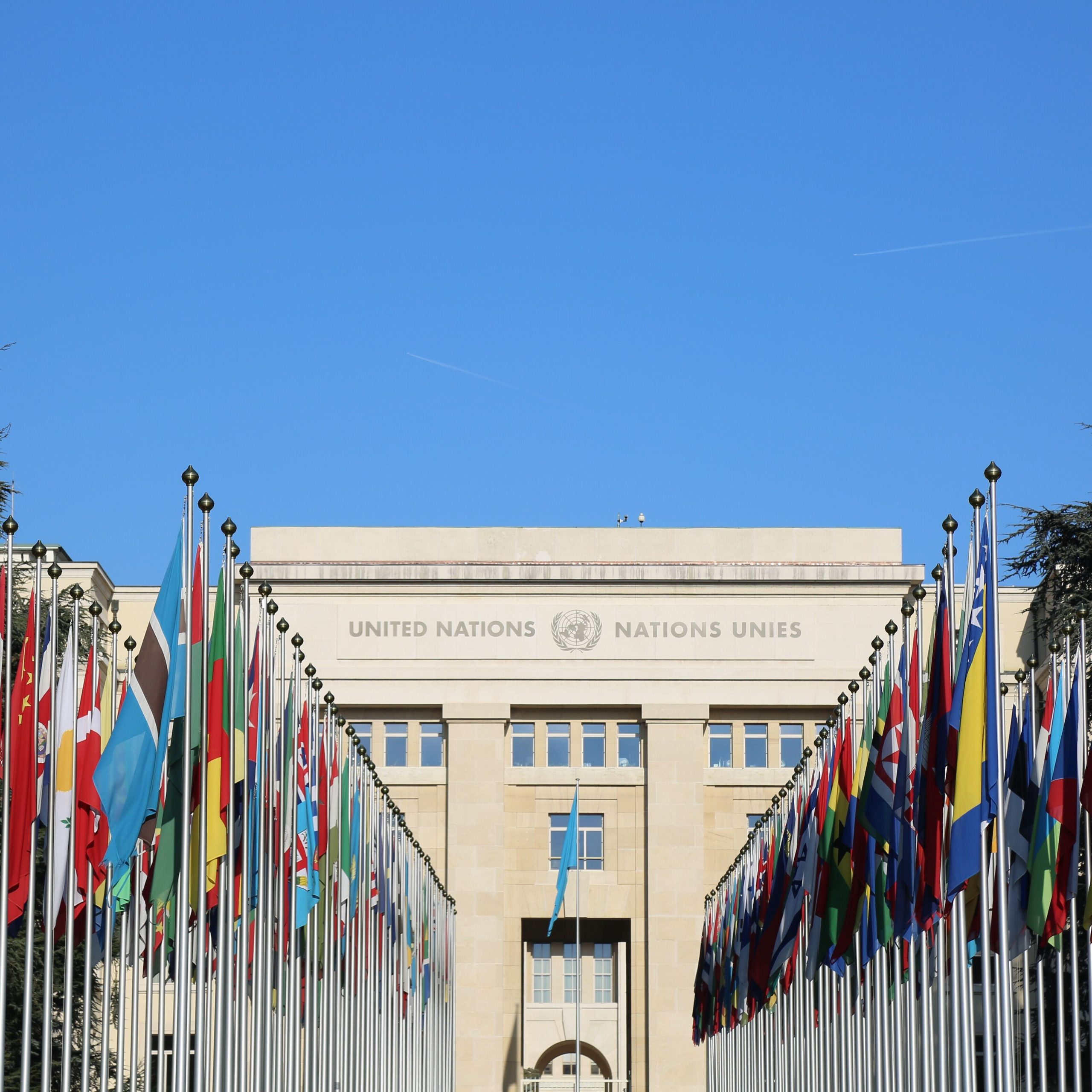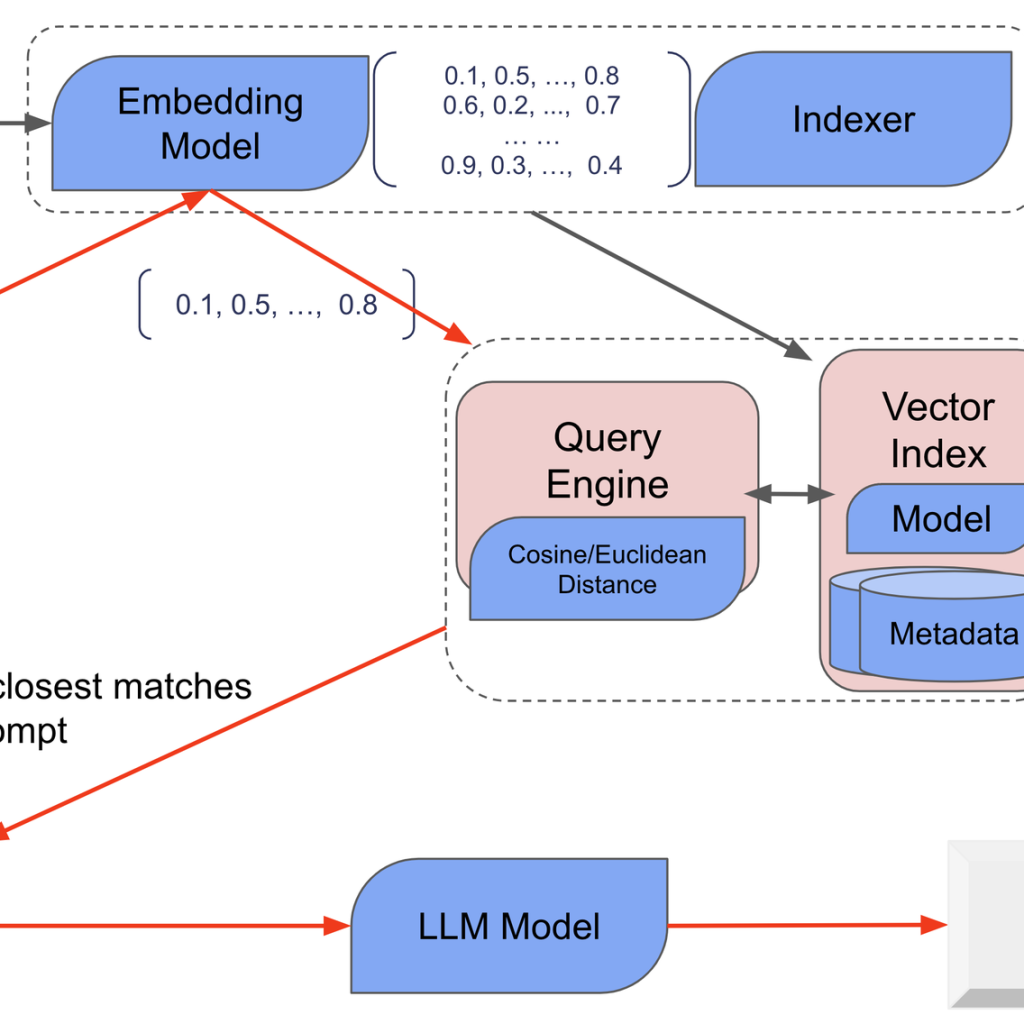In a rapidly evolving technological landscape, the World Economic Forum (WEF) has emerged as a pivotal player in addressing the challenges and opportunities presented by artificial intelligence (AI).
Throughout 2023, the organization convened experts and stakeholders from various sectors to deliberate on AI technologies’ governance and responsible development. This article overviews the key developments and discussions that unfolded during the year.
AI’s transformative power and the challenges it poses
As AI continues to gain prominence, it holds the potential to reshape the way we live, work, and interact. Its applications span across industries, enhancing productivity, creativity, and engagement. However, the exponential pace of AI’s evolution also raises concerns regarding its misuse, security breaches, job displacement, and economic disruption.
The World Economic Forum’s Future of Jobs Report for 2023 underscored these concerns, highlighting the possibility of millions of job displacements while simultaneously creating new employment opportunities. AI and machine learning specialists witnessed exponential growth, with an increasing demand for roles requiring human skills such as judgment, creativity, physical dexterity, and emotional intelligence. Conversely, repetitive functions like bank tellers and cashiers saw a decline in demand.
Sara Hooker, VP of Research at Cohere and Leader of Cohere For AI, acknowledged the natural anxiety accompanying significant technological changes. She emphasized the importance of realistic conversations about education and support to ensure responsible AI technology use.
Safeguarding AI: International initiatives
International initiatives and standards were established in 2023 to address the challenges of AI governance. In October, the U.S. government issued an Executive Order on AI to create new standards to ensure AI technologies’ safe and secure use. Simultaneously, the G7 group of leading nations introduced an international code of conduct for organizations developing advanced AI systems.
The UK government further contributed to the discourse by hosting an AI summit, culminating in the Bletchley Declaration. This declaration called for multi-stakeholder collaboration to harness the benefits of AI while addressing its inherent risks.
In November 2023, the World Economic Forum hosted the AI Governance Summit in San Francisco, which brought together regulators, governments, companies, academia, and other stakeholders. The summit’s discussions underscored a commitment to ensuring artificial intelligence’s ethical and responsible development.
Cathy Li, Head of AI, Data, and Metaverse at the World Economic Forum, highlighted the event’s significance. Participants emphasized the vast opportunities of AI integration while stressing the need for responsible development aligned with global ethical standards. Topics included adaptive regulatory frameworks and harmonized standards.
Sabastian Niles, President and Chief Legal Officer at Salesforce, emphasized the importance of public and private sector collaboration based on trust, inclusion, equality, sustainability, and innovation. He asserted that sound law and public policy are essential to protect the responsible innovation of AI technologies.
The role of the AI Governance Alliance (AIGA)
Khalfan Belhoul, CEO of the Dubai Future Foundation, emphasized the need for a unified approach to AI governance. He noted that while governing AI may be challenging, focusing on specific sectors and case-by-case policies is practical. Belhoul also highlighted the potential for tangible use cases and pilot projects as examples that could be standardized over time.
The AIGA Alliance, formed by the World Economic Forum, is crucial in bringing together diverse voices to create actionable plans and standards. It aims to foster international collaboration and ensure that AI technologies are used responsibly and ethically.





